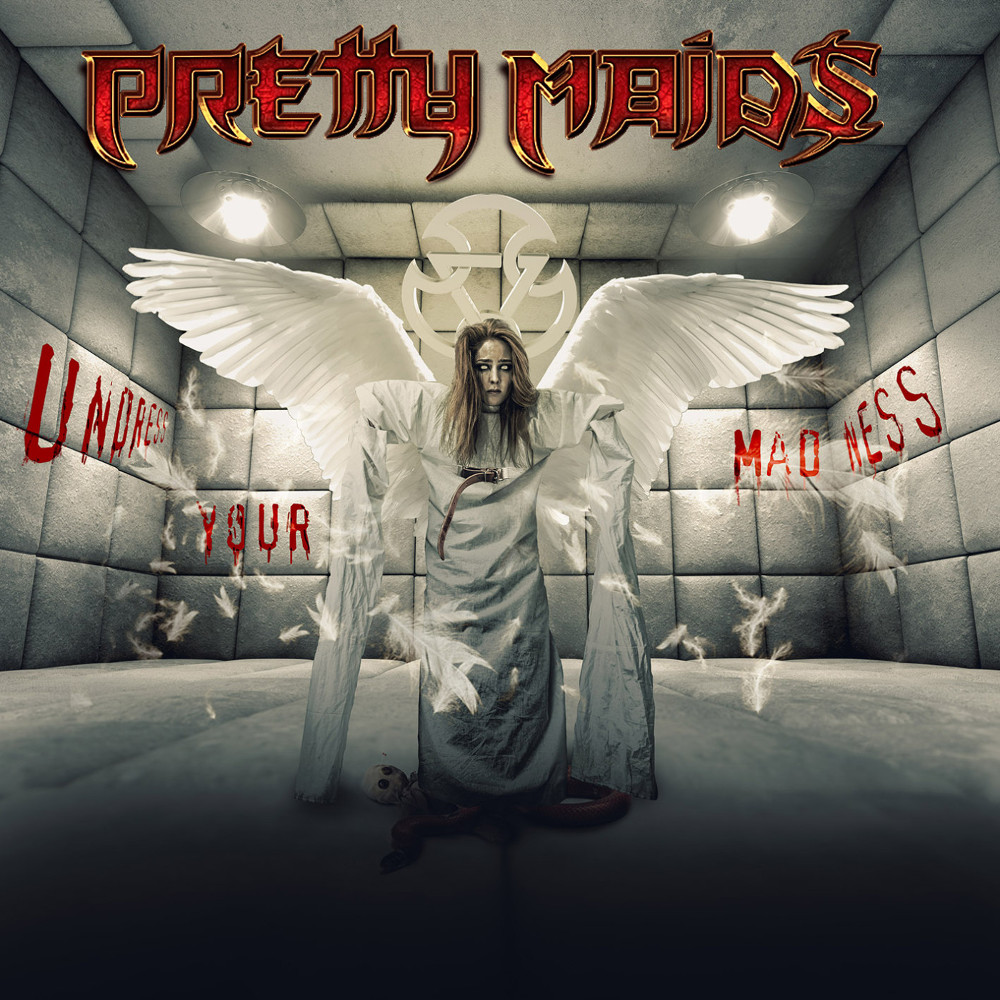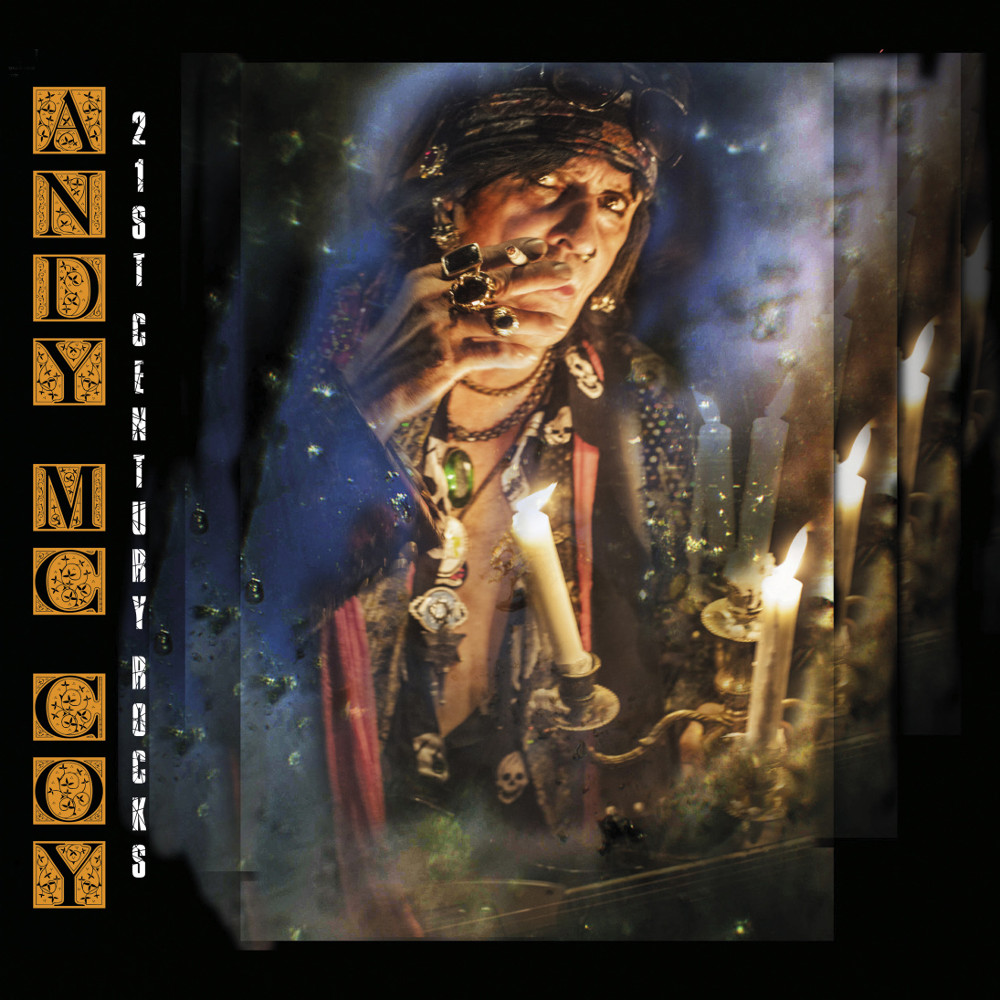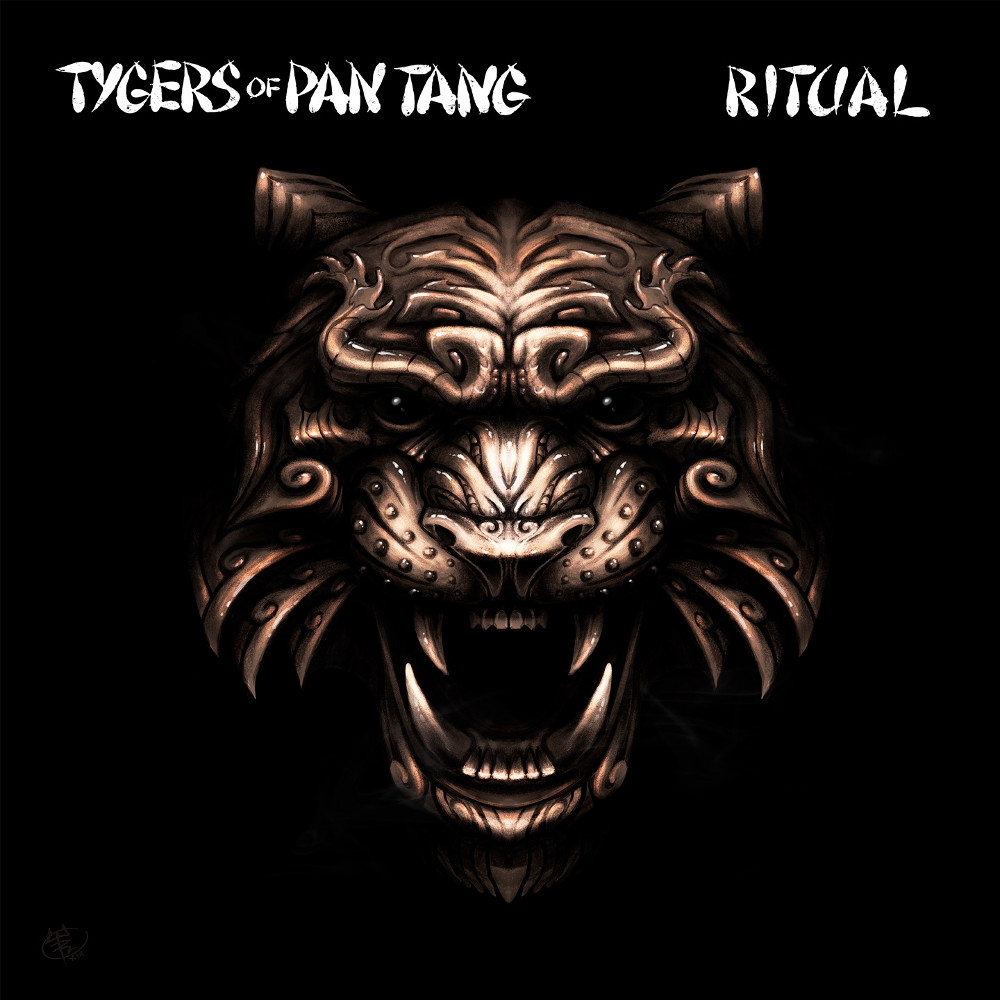 |
Country: Germany
Style: Symphonic Power Metal
Rating: 7/10
Release Date: 8 Nov 2019
Sites: Facebook | Metal Archives | Official Website | Twitter | YouTube
I've had a blast catching up with the glut of releases from major names over the last couple of months and I hope you've enjoyed Name November as well. I wrap that up today with something completely different. This isn't the next Blind Guardian album, hence the slightly different name credit, and it's not really symphonic power metal either. So why I am reviewing it?
Well, it's a piece of classical music (a cantata? an oratorio?) composed by Hansi Kürsch and André Olbrich of Blind Guardian and performed not with the regular band but the Prague Philharmonic Orchestra. There are no drums here, no guitars and no bass. All the music is orchestral, though Kürsch does sing on the various songs which punctuate the album, as do others, who I presume are part of the orchestra's choir.
And, while there are 24 tracks on offer, only eleven are actually songs. The structure here is a stricter version of what Blind Guardian did on Nightfall in Middle Earth, alternating songs with narrative dramatisations, featuring a host of different characters. There's an instrumental introduction too to round out those numbers. On occasion, the lines are blurred by bringing the narrative actors into a song like In the Red Dwarf's Tower.
While this should be best approached as an experience, I'm not sure whether Kürsch even plans to mount a full stage production like an opera. I have no doubt that such an undertaking would be insanely expensive. A film version would be cheaper. I would guess that most will be coming for the songs that do, after all, constitute over an hour of the running time.
They're a whole heck of a lot of fun and, even if we weren't feeling it, it wouldn't be difficult to contract fun from Kürsch's performance. His voice soars the way you'll expect, but it also soothes and stalks. What I enjoyed most was the way that the music interacted with his voice. The woodwinds on In the Underworld are playful and engaging but they also tease Kürsch. It's easy to see the interplay in dance within a stage production.
I've listened through a couple of times but haven't delved into the lyrics at any depth, so I'm not really grasping the story. I believe it runs much wider than this album, including a novel by Markus Heitz called Die dunklen Lande. From what I see, I believe this is based on Heitz's characters as a companion piece to the novel. However the ties, it sounds suitably epic for such grandiose orchestration.
As something so unique, it's hard to find anything with which to compare it. Sure, there are connections to Nightfall in Middle Earth and some of this is reminiscent of Blind Guardian's more traditional songs. However, it's a full blown orchestral composition shorn of metal in every way other than Kürsch's vocals, so it's fairer to compare it to a cantata like Carl Orff's Carmina Burana, which is a lot more varied than the O Fortuna bit you know.
Maybe it falls somewhere in between those two. It's certainly more classical than the Nightfall album and it's more metal than Carmina Burana. However, I heard a lot of film soundtrack music here too, especially in 1618 Ouverture, the introduction, though the deeper sounds of James Horner and Howard Shore rather than the quirkier ones of Danny Elfman.
I hear that it took Kürsch a couple of decades to make this happen, so I'm happy that he's realised the dream that he conjured up so long ago. I'm even happier that it works, though it isn't going to be for everyone, even among Blind Guardian's fans. They may well dig songs like Dark Cloud's Rising but only a subset will put up with the narrative sections on repeat listens.





















